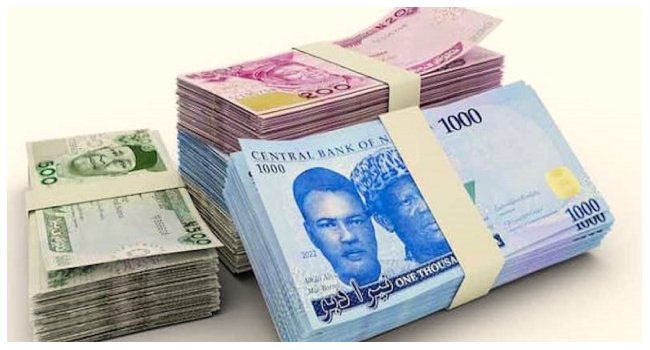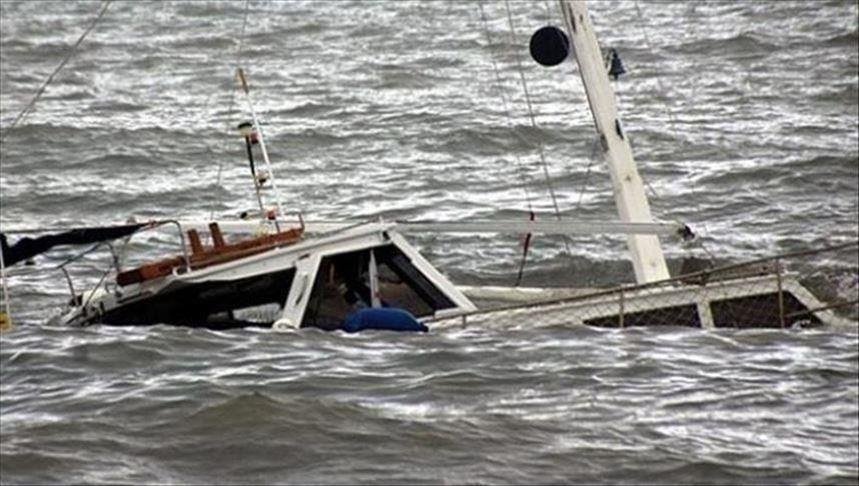Hussaini Kafi in Kano
As part of ongoing efforts to sustain Nigeria’s polio-free status, the United Nations Children’s Fund (UNICEF) and the Adamawa State Government have called on parents and guardians across the state to present their children for the upcoming nationwide polio immunization exercise scheduled to hold from April 26 to 29, 2025.
Speaking during an interactive session with journalists on Friday in Yola, the Executive Chairman of the Adamawa State Primary Health Care Development Agency (ADSPHCDA), Dr. Bashir Saidu, disclosed that the state has concluded all necessary arrangements to ensure a smooth and hitch-free immunization campaign.
Dr. Saidu revealed that the state has received a total of 1,443,300 doses of oral polio vaccines, provided with the support of UNICEF, targeting over 1.4 million children across all 21 local government areas of the state.
“These vaccines are free, safe, and effective, and they help build children’s immunity against polio and other related diseases. Although Nigeria has been certified polio-free, we cannot afford to be complacent,” Dr. Saidu said.
He noted that the emergence of new settlements as a result of migration from other states—some with known vaccine resistance—poses a renewed threat, hence the need to intensify immunization efforts even in the remotest parts of Adamawa.
Echoing his views, a Health Officer with the UNICEF Bauchi Field Office, Mr. Oluseyi Olosunde, stressed the importance of parents taking full advantage of the exercise. He emphasized that the campaign aligns with the Federal Government’s directive to protect the lives of Nigerian children.
“UNICEF remains committed to supporting Adamawa State in improving its health sector, especially in areas affecting women and children. This campaign is a key part of our collaborative effort to rewrite the health narrative in the state,” Olosunde stated.
The campaign, which is expected to cover both urban and rural communities, will involve teams of health workers going house-to-house, as well as setting up vaccination points at strategic locations including markets, schools, and worship centres.
Authorities have urged traditional rulers, community leaders, and civil society organizations to sensitize the public and mobilize support to ensure that no eligible child is left behind in the immunization drive.



